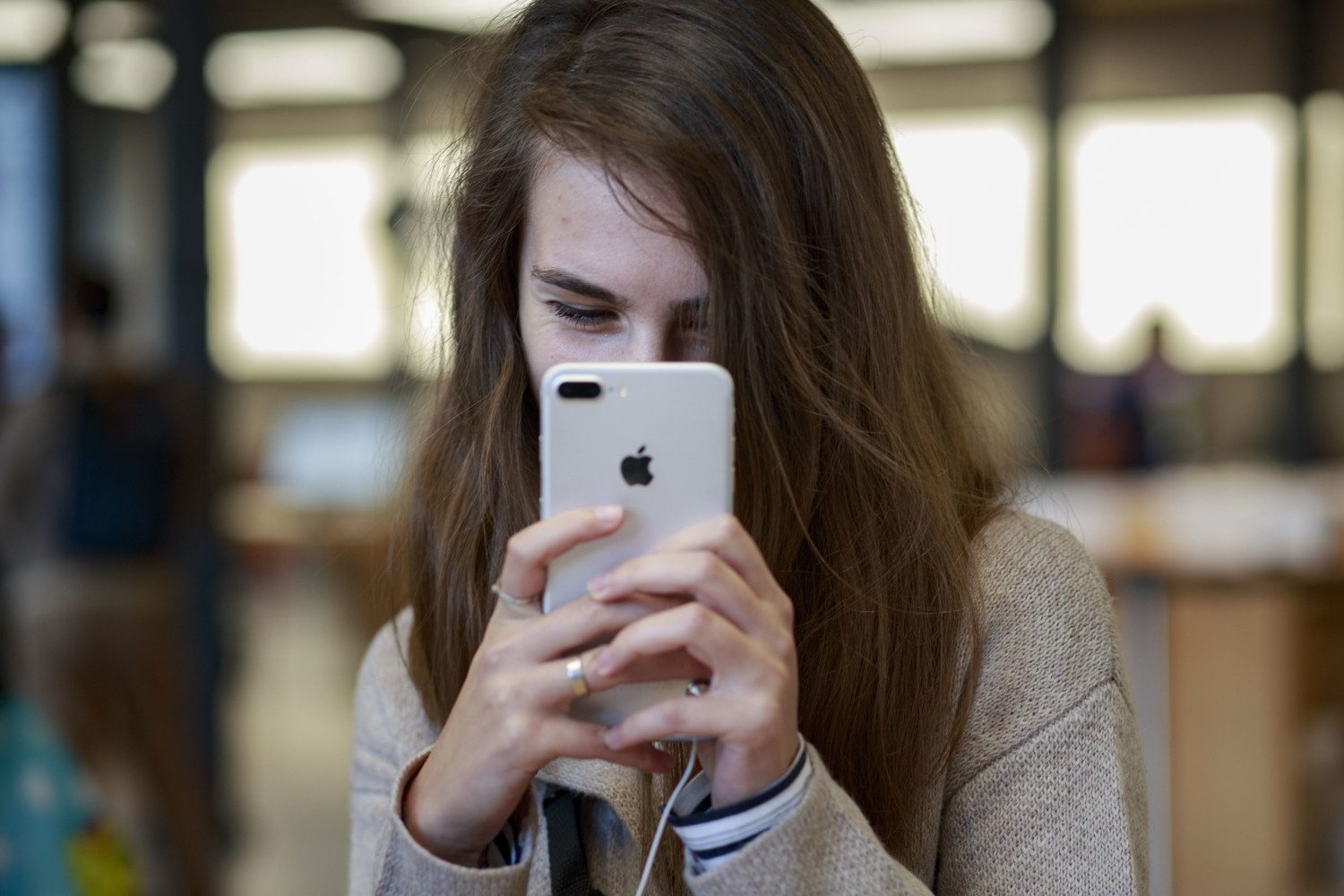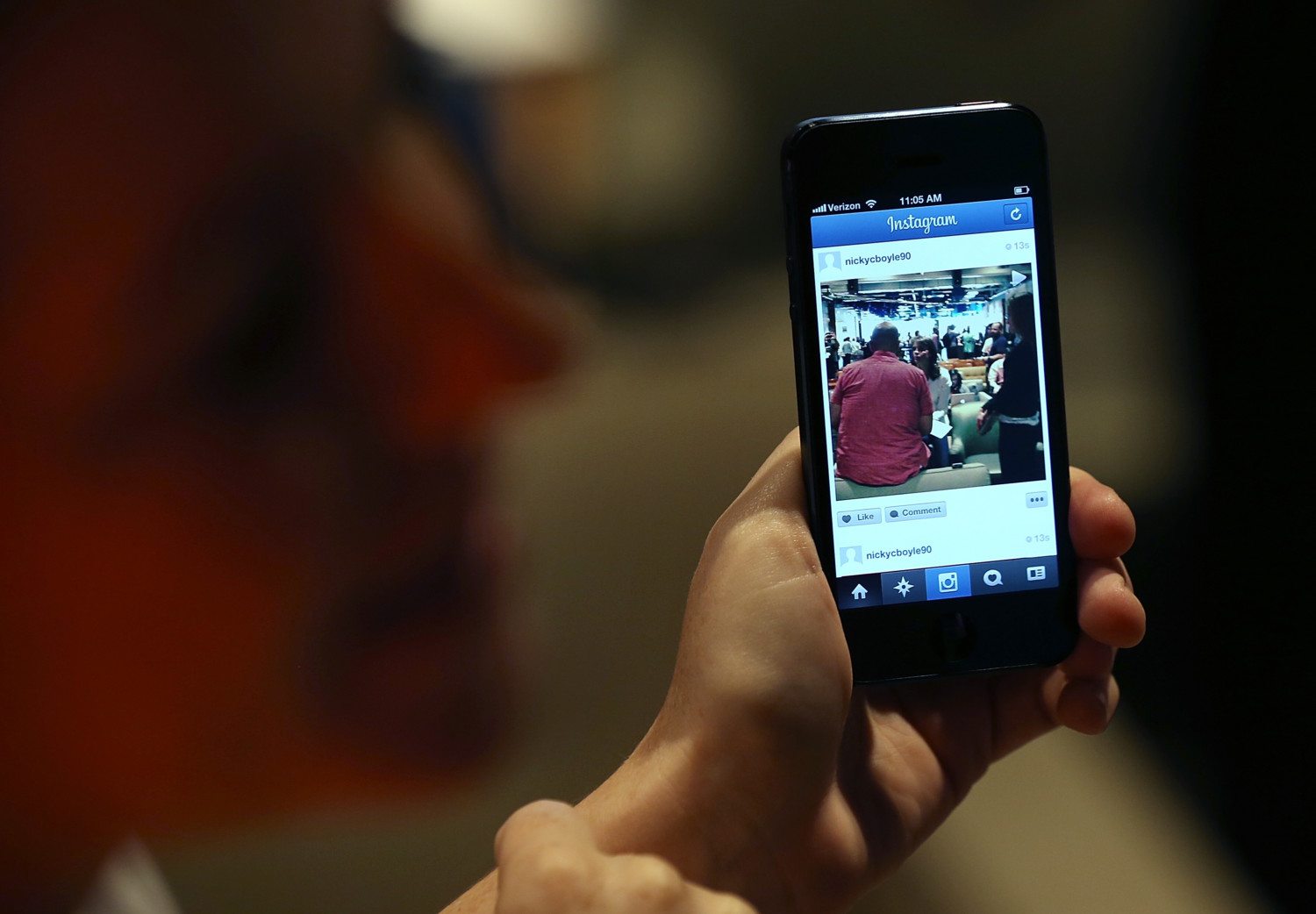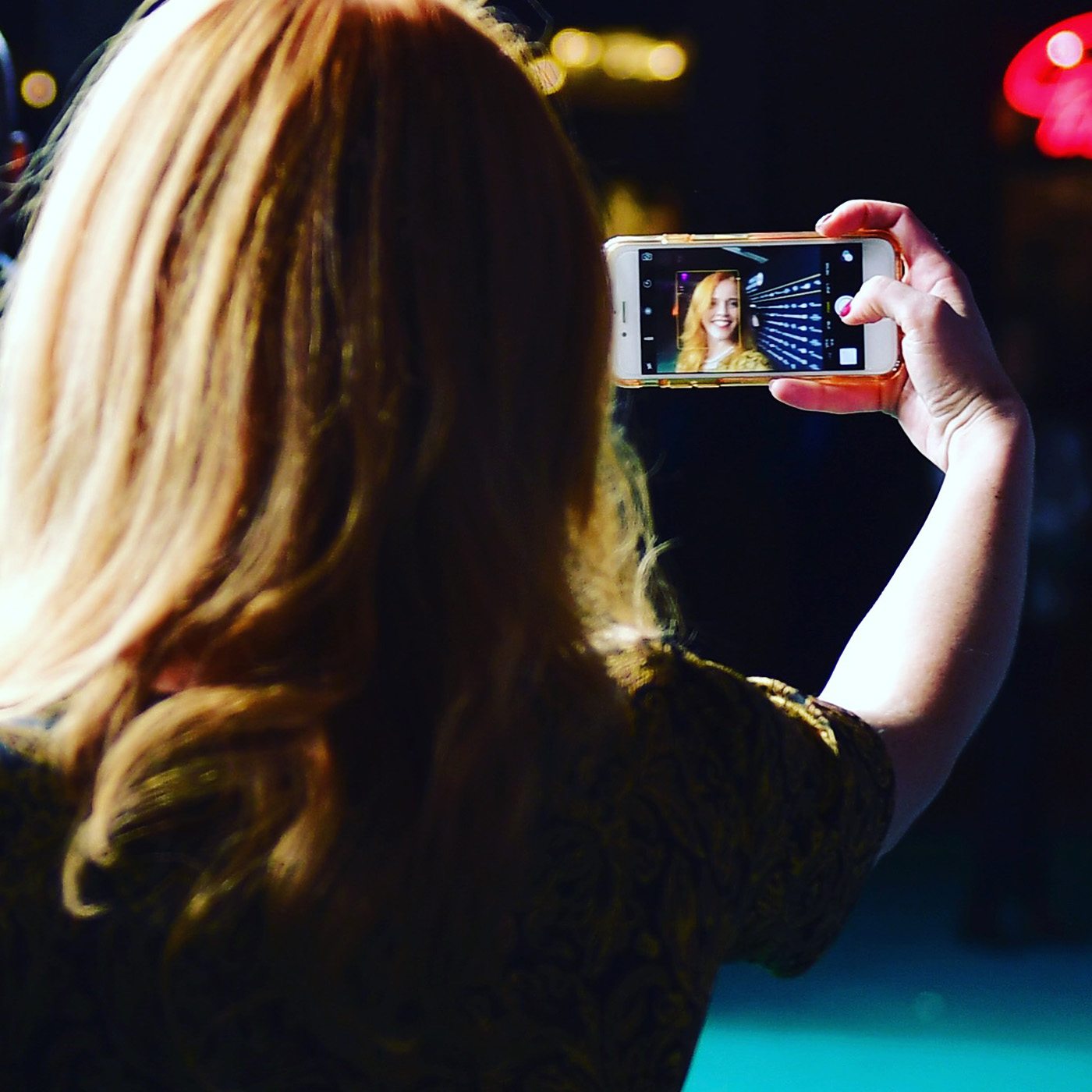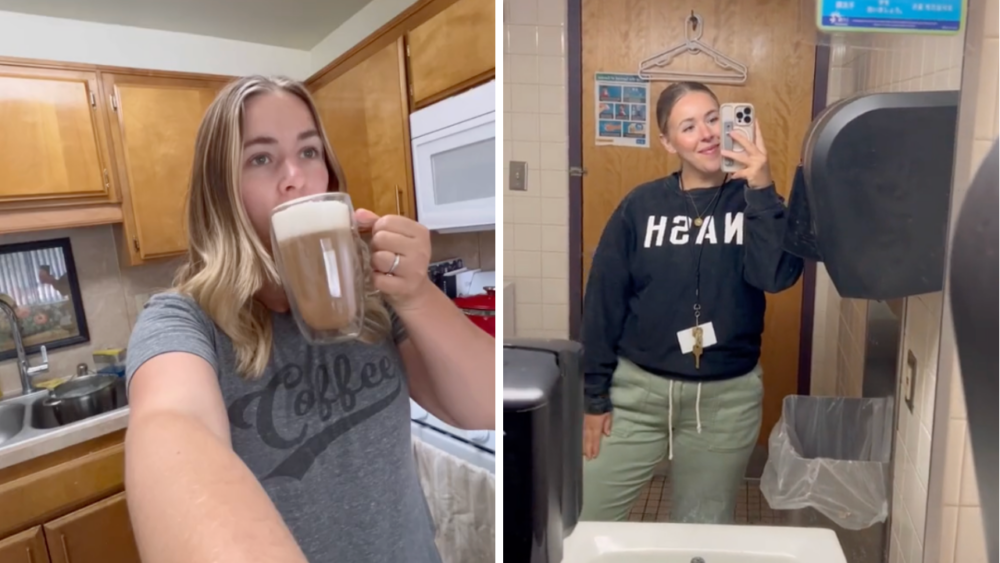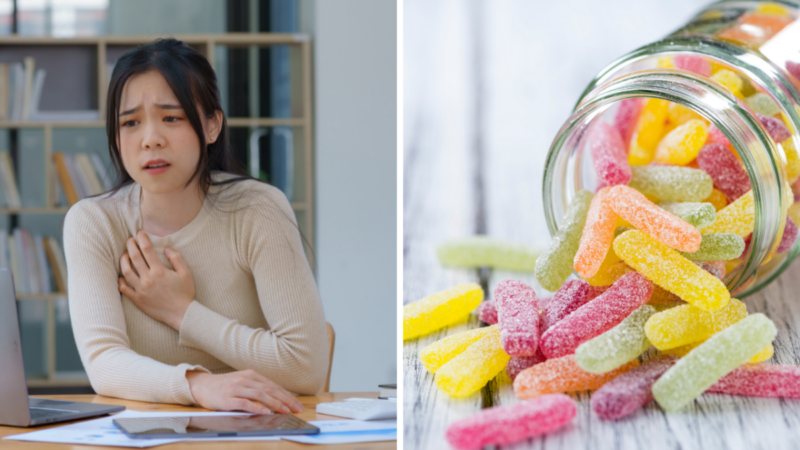Instagram posts can contain warning signs of poor mental health
We all have different ways of presenting ourselves online, especially when it comes to the pictures we share with others. Some rarely post images. Others like to overshare. And others are busy cultivating an on-point feed worthy of a stellar personal brand. But did you know that a person’s Instagram posts could give you hints about their mental health?
A study, published earlier this month in EPJ Data Science, looked at nearly 44,000 Instagram photos collected from 166 participants, 77 of whom had been diagnosed with depression in the past. They analyzed everything from the pictures’ hue, saturation and brightness to users’ frequency of posting and the number of comments they amassed on posts. The results were surprisingly telling.
“People in our sample who were depressed tended to post photos that, on a pixel-by-pixel basis, were bluer, darker and grayer on average than healthy people,” Andrew Reece, a co-author of the study from Harvard University, told The New York Times.
Depressed participants also tended to use less filters on their photos. In cases where they did apply filters to their shots, they tended to use black-and-white ones, like “Inkwell.” Participants without a history of depression were more likely to go for brightening filters, such as “Valencia.” And while people with depression usually posted pictures that featured faces more frequently than their healthier counterparts, there were typically less people included in each shot.
The researchers warned that Instagram posts alone aren’t going to be replacing diagnoses and psychologists anytime soon, nor do the findings mean you should start telling your “Inkwell” filter-loving friends to seek out professional help. But if you do notice a worrying trend in your friends’ social media habits (such as worrisome hashtags, disturbing images and sad or isolating updates), reach out.
Treat them as you would any other friend or family member whose mental health you might be worried about. “Rather than determining if your friend or loved one is depressed based on one symptom or another, I would recommend noting if there is any significant change in the person’s behaviors, mood, or personality,” clinical psychologist Dr. Jeffrey DeGroat told Lifehacker in 2013. “If there is, I would recommend beginning by asking your friend how things are going.”
Simply reaching out to see how they’re doing is a step in the right direction. Your friend might want to talk—or they might not. If they’re receptive, you can talk to them about seeing a counselor, therapist or doctor. If they aren’t, simply stay in touch. Reach out, send them messages more frequently or give them a call now and again. Whether they’re depressed or not, social support is always helpful.
If you see Instagram posts that hint at self-harm or suicide, on the other hand, more immediate action is necessary. If you think the person is in immediate harm’s way, call 911 or police for assistance. If it’s not urgent but you are concerned about the person’s mental health, you can report the post to Instagram—and the company will reach out to them with helpful information. If you know the Instagram user personally, you can also reach out to them with resources or simply to let them know you’re there for support.
We may not be at the point where robots can flag depression in Instagram users yet, but there are signs and signals that exist on social media that may make you want to reach out to a friend or family member. If you’re concerned, it’s worth it to take action. And who knows? With some time, hard work and support, maybe their Instagram habits will begin to show an internal change. If not, then at least you’ve spent a little more time connecting with someone you care about.


